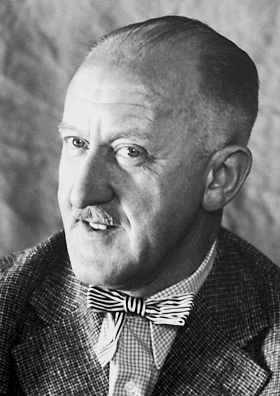“Sell the country, bury bones. What else?”
the unself-conscious policeman
Atómstöðin (The Atom Station) (1948)
Halldór Kiljan Laxness , né à Reykjavik le 23 avril 1902 et décédé dans la même ville le 8 février 1998, est un écrivain islandais du XXe siècle. À trois années d'intervalle, il reçoit le prix international de la paix en 1952 et le prix Nobel de littérature en 1955. Wikipedia

“Sell the country, bury bones. What else?”
the unself-conscious policeman
Atómstöðin (The Atom Station) (1948)
Heimsljós (World Light) (1940), Book Two: The Palace of the Summerland
Kristnihald undir Jökli (Under the Glacier/Christianity at Glacier) (1968)
Heimsljós (World Light) (1940), Book Two: The Palace of the Summerland
Heimsljós (World Light) (1940), Book Two: The Palace of the Summerland
Kristnihald undir Jökli (Under the Glacier/Christianity at Glacier) (1968)
Heimsljós (World Light) (1940), Book Two: The Palace of the Summerland
Paradísarheimt (Paradise Reclaimed) (1960)
“Anyone who doesn't know others doesn't know himself.”
Borgi
Paradísarheimt (Paradise Reclaimed) (1960)
Sjálfstætt fólk (Independent People) (1935), Book One, Part II: Free of Debt
Örn Úlfar
Heimsljós (World Light) (1940), Book Two: The Palace of the Summerland
“It's a pity we don't whistle at one another, like birds. Words are misleading.”
Pastor Jón Prímus
Kristnihald undir Jökli (Under the Glacier/Christianity at Glacier) (1968)
Örn Úlfar
Heimsljós (World Light) (1940), Book Two: The Palace of the Summerland
Heimsljós (World Light) (1940), Book Four: The Beauty of the Heavens
“When's there ever been a decent saint who didn't start out as a thief?”
Jón Hreggviðsson
Íslandsklukkan (Iceland's Bell) (1946), Part III: Fire in Copenhagen
Sjálfstætt fólk (Independent People) (1935), Book Two, Part II: Years of Prosperity
Þórunn of Kambar
Heimsljós (World Light) (1940), Book Two: The Palace of the Summerland
“No one is so busy that he hasn't the time to dismantle a work of art.”
Pastor Jón Prímus
Kristnihald undir Jökli (Under the Glacier/Christianity at Glacier) (1968)
Saknússemm II
Kristnihald undir Jökli (Under the Glacier/Christianity at Glacier) (1968)
Bjartur
Sjálfstætt fólk (Independent People) (1935), Book Two, Part II: Years of Prosperity
Sjálfstætt fólk (Independent People) (1935), Book Two, Part II: Years of Prosperity
Steinar's wife
Paradísarheimt (Paradise Reclaimed) (1960)
Einar in "Shepherds' Meet"
Sjálfstætt fólk (Independent People) (1935), Book One, Part I: Icelandic Pioneers
Heimsljós (World Light) (1940), Book Two: The Palace of the Summerland
Kristnihald undir Jökli (Under the Glacier/Christianity at Glacier) (1968)